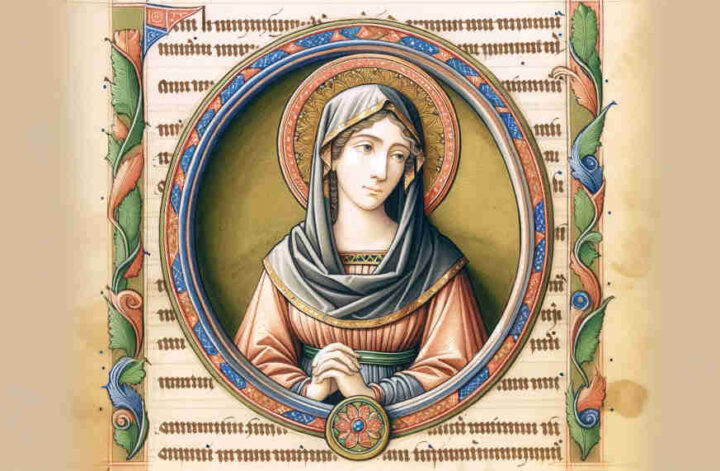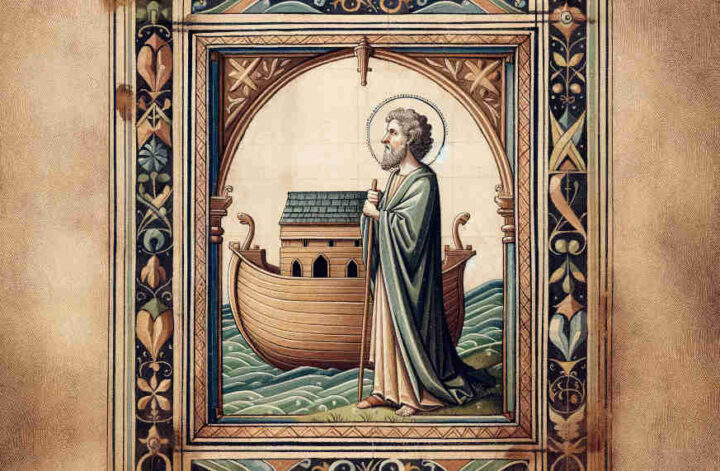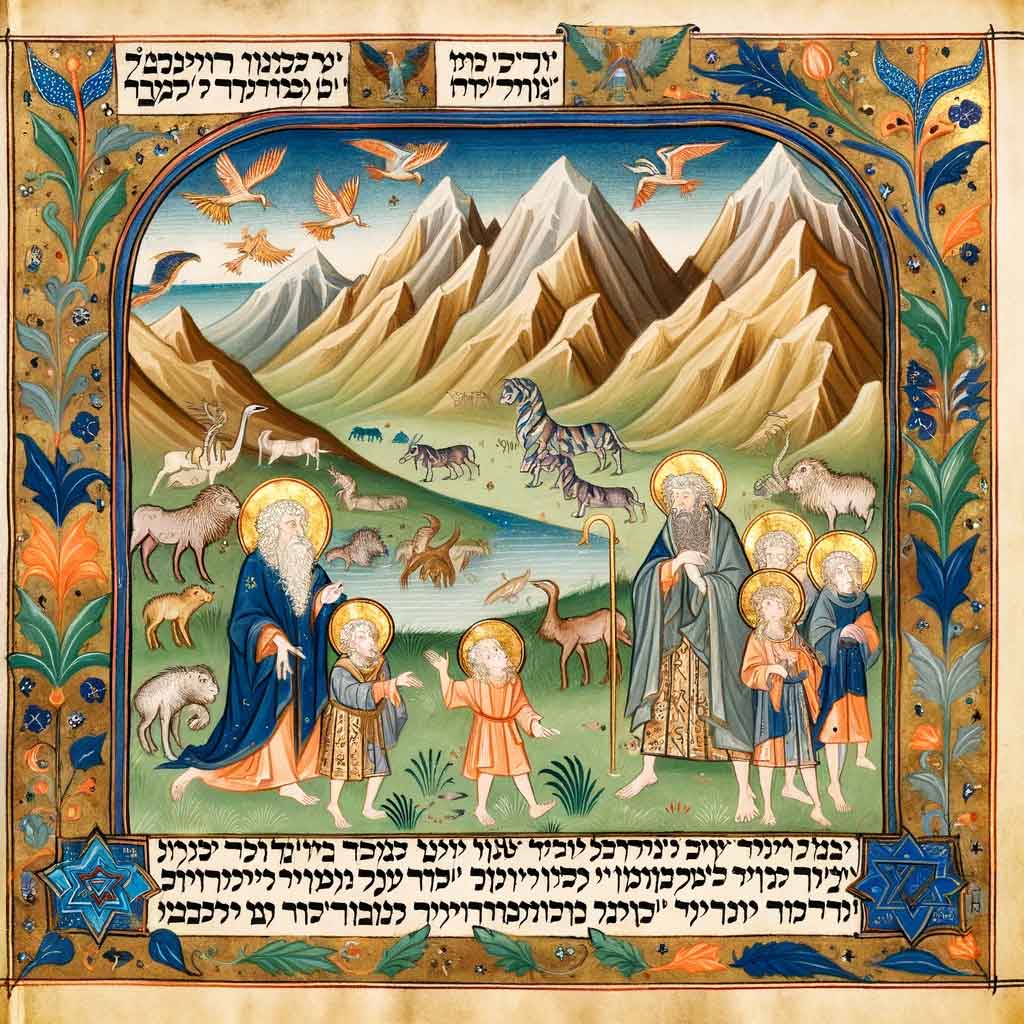Question from a Reader
Dear Rabbi Joshua,
As a Noahide woman, I am seeking guidance on how to dress in a way that aligns with the Noahide Laws. What are the expectations and principles that I should consider?
Warm regards,
Elizabeth Miller
Principles of Modesty in Noahidism
Dear Elizabeth,
Thank you for your thoughtful question. The way one dresses, especially in the context of religious and ethical standards, is indeed an important topic. In Noahidism, which embraces the universal moral and ethical code derived from the Seven Laws of Noah, the principles of modesty and dignity are paramount.
It is essential to understand that modesty in dress is not solely about covering the body, but also about expressing one’s dignity and respect for oneself and others. This principle resonates with the concept of ‘Tzniut’ in Judaism, which encompasses modesty not only in dress but also in behavior and speech.
General Guidelines for Dress
The guidelines for a Noahide woman’s dress primarily focus on modesty. This entails clothing that covers the body in a way that does not draw undue attention or reveal the body in a manner deemed sexually provocative. While specific standards can vary culturally, a general rule is to wear attire that covers the shoulders, knees, and chest.
The principle behind modest dress is to respect the inherent dignity of the human being, created in the image of God (‘Tzelem Elokim’ – צלם אלוקים). This concept is beautifully articulated in Genesis 1:27, emphasizing the divine image in each person.
Cultural Considerations and Personal Choice
It is important to recognize that modesty standards can differ across cultures and societies. What is considered modest in one community may differ in another. Hence, while adhering to the general principles of modesty, a Noahide woman should also consider the norms of her own culture and environment.
Additionally, personal choice and comfort play a significant role. Dressing modestly should not be seen as a burden, but as an expression of one’s values and respect for the divine image within all of us.
Conclusion
In conclusion, as a Noahide woman, dressing in a manner that reflects modesty and dignity is a way of honoring the divine and respecting oneself and others. This approach to dress, rooted in the principles of Noahidism,


